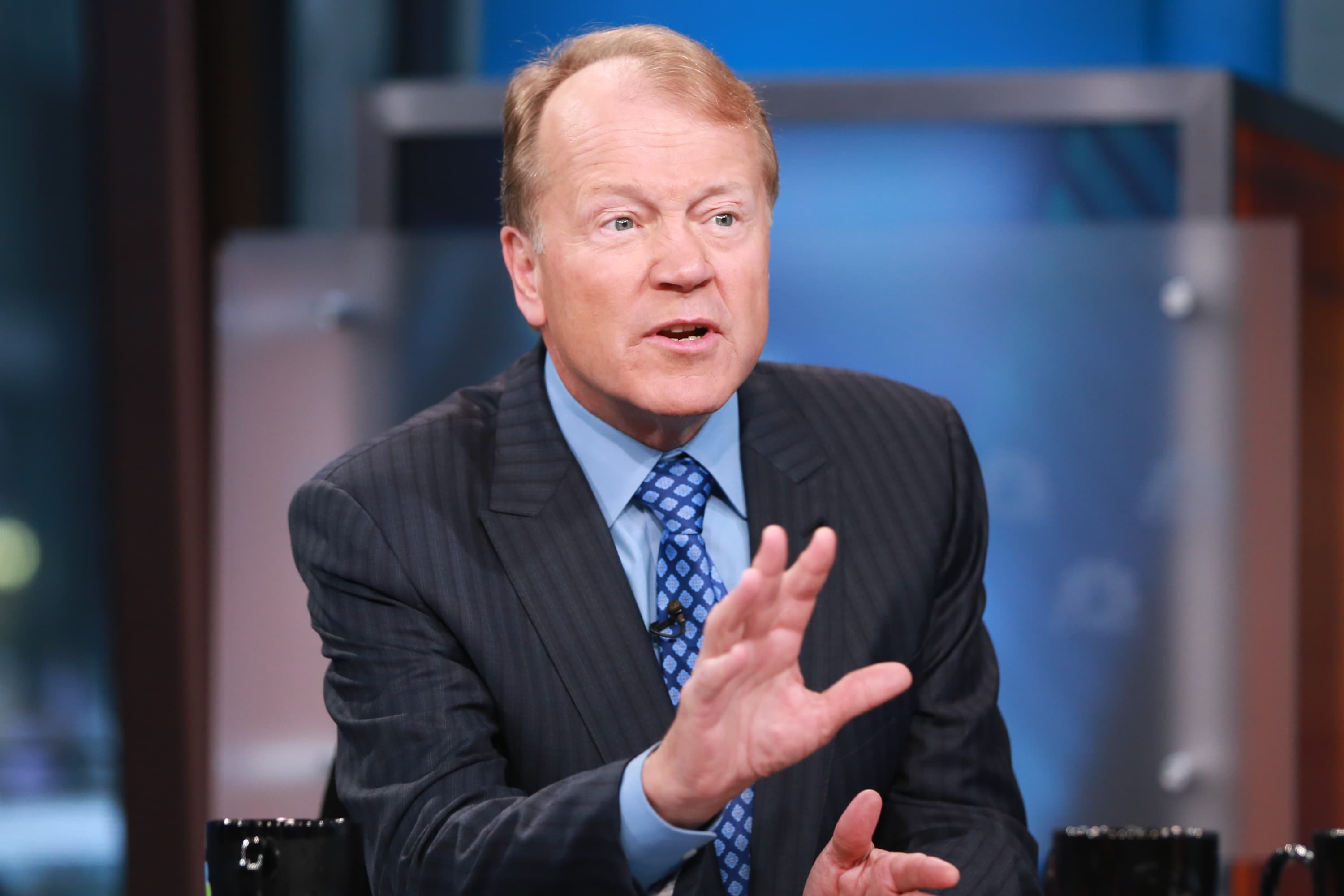Ex-Cisco CEO discourages his start-ups from doing business in ‘unpredictable’ China

Former Cisco CEO John Chambers told CNBC on Monday he is discouraging the start-ups he’s invested in from operating in China, citing Beijing’s increasingly uncertain regulatory approach.
“I’m encouraging my startups not to do business in China, or I’m not invested in Chinese start-ups at this time,” he said in a “TechCheck” interview. “It’s too unpredictable,” added Chambers, the founder and CEO of JC2 Ventures, who has decades of corporate experience in China.
Chambers’ comments come as the Chinese government has been ratcheting up its crackdown on the country’s technology companies. Recent targets have included Didi — just days after the ride-hailing giant went public in the U.S. — and private education firms. On Saturday, China’s antitrust regulator fined Tencent and ordered the company to give up its exclusive music licensing rights.
Chambers said he began doing business in China about 40 years ago, and over the last decade the government has taken a noticeably different stance. Beijing now wants not only more control over the American high-tech companies operating in China, but over Chinese start-ups as well.
“I think it will probably get a little bit tougher before it gets better,” Chambers said, contending the Chinese government has sent a “real clear message” to domestic tech companies that “if you get out of line, we’re going to bring you back into line very quickly.”
Others with experience in Chinese business are expressing similar concern. “I am a congenital optimist when it comes to China. But I find these actions really quite disturbing,” former Morgan Stanley Asia chairman Stephen Roach told CNBC last week. Goldman Sachs CEO David Solomon told CNBC earlier this month he expects at least some Chinese companies to delay plans to go public in the U.S. as a result of the recent government actions.
Chambers said he expects the business and investing landscape in China to improve over time, even if it’s rocky right now. “Do I think this will eventually correct? Yes. I don’t think it results in the type of cold war that some other people referred to,” said Chambers.
